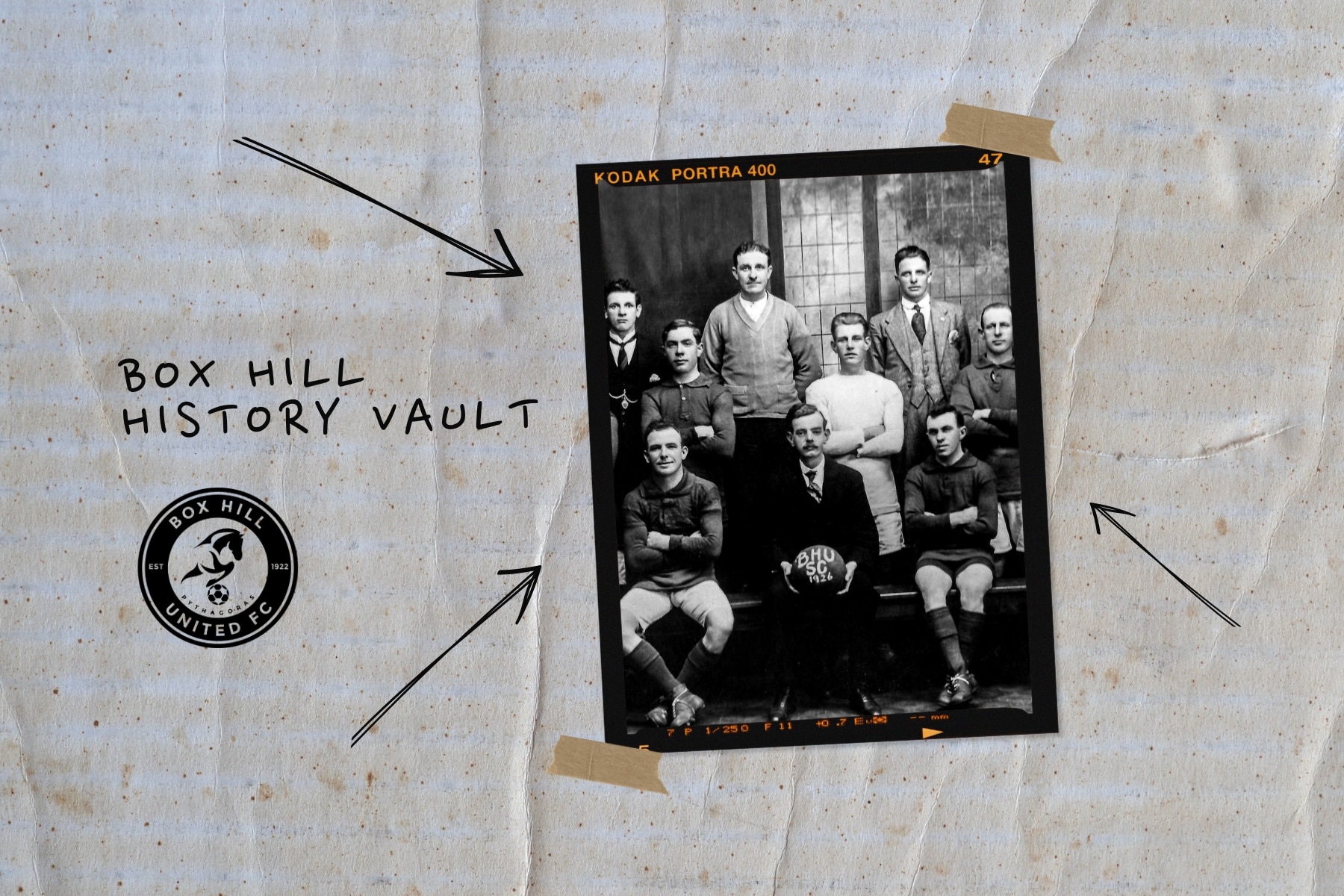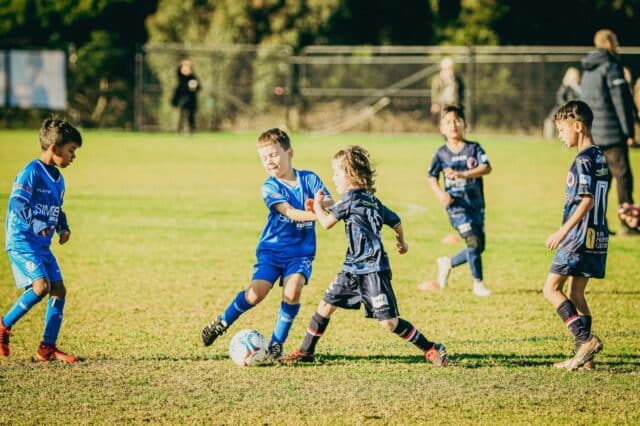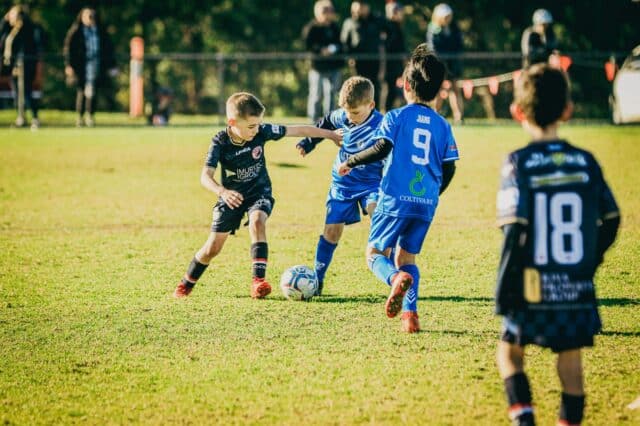
Box Hill football amid World War II
The growing turmoil and looming war in Europe must have seemed a distant threat for the Box Hill Soccer Club as they kicked off the 1939 season in the Metropolitan League Second Division. Promotion to the Metropolitan League First Division was the clear aim, three seasons after being relegated from the top flight in 1935.
This ambition was aligned to a plan to find a new home ground. The club’s pitch at Springfield Park in Box Hill North was poorly drained and constantly unfit for training or matches. The club was to be disappointed on many fronts in 1939. An ordinary season saw Box hill finish 8th in the Second Division and talks with the Box Hill Council about a new ground went nowhere.
All of those ambitions faded into insignificance on 6 September 1939. War was declared by Great Britain and its allies against Nazi Germany. Australia too was at war. The club’s smoke night on 9 September 1939 was dominated by gloomy conversations over what this meant for the world, for Australia and for Box Hill Soccer Club. No one could foresee the death and destruction that would engulf much of the civilised world in the six years that followed.
The misery of the war years came knocking on the door of Box Hill. Most of the senior players in the 1939 season left these shores to fight in the war, many never to return, others too traumatised or injured to play again. The club carried on as best it could, reduced to a committee of three and a team of junior age players filling in for the men at the front.
As the war began, the club gave up on Springfield Park and reluctantly moved home matches to Surrey Park. The ground hire fee of £3 (three shillings) was more than the club could afford, but the ambitious committee took the punt that eventually things would work out.
In 1940, the youthful Box Hill team finished 7th Metropolitan League Second Division. The optimism seemed justified when the team finished 3rd Metropolitan League Second Division in 1941. Inevitably, the grim reality of World War II affected every part of Australian society, in particular regular sporting competition. With so many adult men committed to military service abroad, and those who remained pressed into service in war-time production, playing sport was regarded as untenable, even frivolous. The Victorian Soccer Football Association, like most sporting bodies, put regular competitions into recess because of the uncertainty and turmoil.
In July 1942, the minutes of Box Hill’s committee meeting recorded: “This season the soccer outlook is gloomy and it is hopeless for our club to enter a senior first or second team. But we promised the VSFA that we would do our utmost to field junior and schoolboy teams. Most of our players are now overseas in the services. As we could not get sufficient members to hold a (constituted) meeting, your president and secretary decided this on their own, so with luck and enthusiasm on our side, we will have the satisfaction of having kept soccer in the Box Hill district floating.” That was written by the club secretary. The decision to persist with junior teams brought some joy in these dark days. Box Hill won the Dunkling Shield for under 15 boys and the J.J. Liston Cup, although records do not show if this was an underage or open schoolboys competition.
During the war, Box Hill player Jim Giles received a postcard from a teammate, Arthur Harris, which was written and sent from a prisoner of war camp in Germany.; “Dear Jim. If you have met Mr. Clark lately you may know that I am in the army. But neither he or you know that I was taken prisoner in Greece 18 months ago. No complaints. Am well. And a bit of a skite this, I am an international player! I played against the Serbs in Belgrade last year. We won 2-1. And so, until we are…” At that point the writing is illegible or might have been censored by the prison camp warders. It’s not known if Arthur Harris survived the war. Jim Giles, after an absence from the club for many years, returned to Box Hill in 1981 to see the first team in action. Some of the teenage “senior” players of 1981 asked Mr Giles how much he got paid to play in the 1930s and were surprised to hear that he and his teammates paid for the privilege of playing for Box Hill.
During the war, Box Hill players in the armed services across Europe, Africa and the Pacific were sent Christmas parcels with funds raised by the BHSC ladies committee. However, very few club events were held in wartime and club records for this era are scant. But the president during this time, Mr McKellar, is recorded as thanking the young players for carrying on so well during the time of turmoil.
However, the sad fact is that Box Hill soccer club did not compete in any official competition for three years – from 1942 until the end of 1944. Records show that Box Hill finished 7th in what was called the Victorian Senior League in 1945, as the war came to its conclusion in September of that year. No doubt everyone wanted to get back to the normal life that had disappeared. It seems Box Hill quickly recovered its purpose. The greatest achievement in the club’s history was just a few years away, the Victorian First Division Premiership in 1948.





